Following the last report, Unilever announced that the new plastic material was halved! P & G has announced a new goal: to more than double the use of recycled plastics in its European household cleaning brand packaging by the beginning of 2020.
P & G's fairy, flash and viakal brands will increase the use of recycled plastics to 9000 tons, replacing the raw plastics in the supply chain with post consumer and industrial waste plastics, which is equivalent to the total amount of waste generated in a day by 6.5 million Europeans.
In total, 300 million P & G European household cleaning brand plastic bottles will be replaced with 100% recycled plastic bottles or partially recycled plastic bottles every year. In addition, all P & G wipes will be made of 100% recycled fiber.
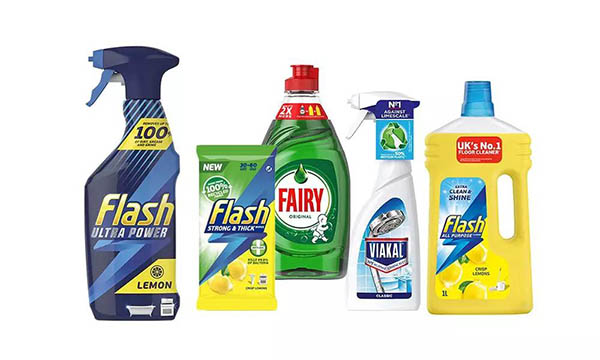
Redesign packaging to use more recycled plastics
Dove, a brand owned by Unilever, announced that by the end of the year, its body wash, shampoo and other products will use 100% recycled plastic packaging bottles after consumption.
Doven said it would not completely eliminate plastic packaging, because plastic can guarantee product quality and shelf life. However, unnecessary plastic packaging will be reduced under the use frame of "discard / better / less".
Its beauty bar soap independent package has a better appearance due to the use of plastic laminates, but doven said it would give up the use of plastic coating in 2020.
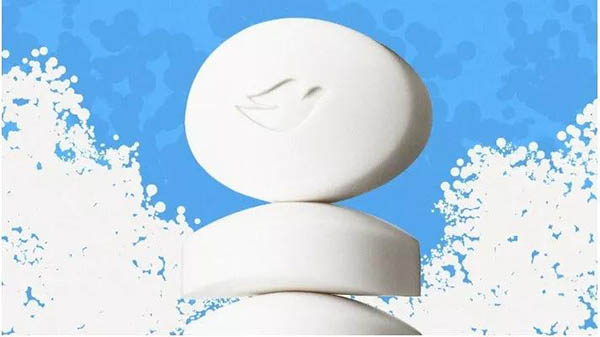
Doven said that by 2020, its beauty bar soap independent packaging will no longer use plastic coating, in order to implement the reduction commitment.
All plastic bottles in the company's dove range, Dove Men + care and dove baby products will be made of 100% post consumer recycled plastic. New product packaging will not bring about changes in quality and price.
In addition to the replacement of packaging bottle materials, the company is also committed to the development of recyclable bottle caps and bottle pump solutions, which will be made of more complex materials, because the current supply of renewable materials for bottle caps is limited.
In addition, due to the limited supply of high-quality materials for the manufacture of deodorant packaging, the brand has started to use as many recyclable materials as possible.
Doven says it will reduce the use of 20, 000 tons of virgin plastic a year by 2025.
Beverage head enterprises shoulder heavy responsibility
In addition to daily chemicals, beverage industry is also one of the important sources of plastic packaging waste. A few days ago, Coca Cola was named the most seriously polluted brand of plastic by break free from plastic, an environmental protection agency. This is the second consecutive year that Coca Cola was rated as the most seriously polluted brand of plastic.
However, the brand has also been trying to introduce measures to speed up the process of circular economy. Last month, for example, Coca Cola launched a plastic bottle recycling cash rebate program in Hong Kong.
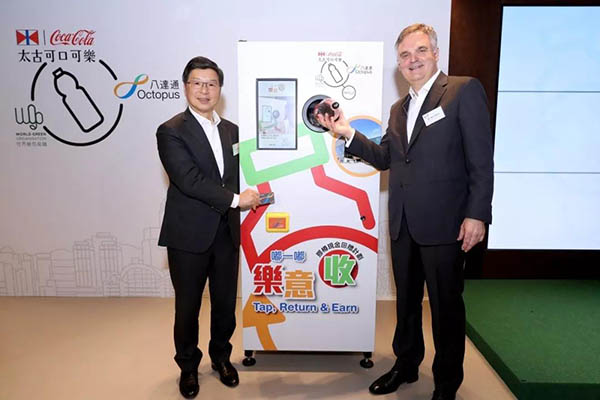
link Gerber, a brand of Nestle, cooperates with Teri environmental protection to bring new life to the hard to recycle baby food packaging.
In addition, the company formally established the food packaging science research institute in mid September, which will enable Nestle to bring functional, safety and environmental sustainability packaging solutions to the market at a faster speed, so as to meet the challenges of global plastic packaging waste.
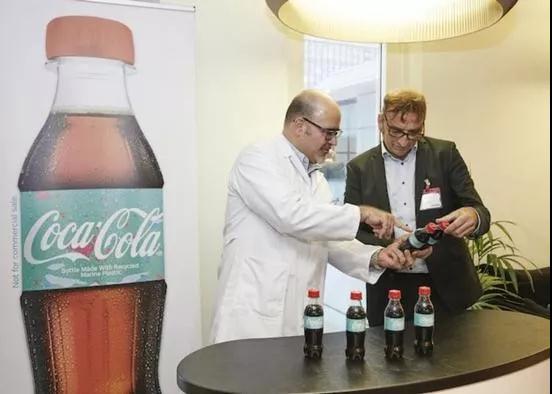
In fact, PepsiCo, Nestle and other beverage head enterprises have taken important measures to promote the plastic recycling economy. In early September, PepsiCo announced a new goal to reduce the use of raw plastics in the packaging of its beverage products by 35% by 2025, equivalent to a cumulative reduction of 2.5 million tons of raw plastics.
This statement is based on its previously announced packaging goal that PepsiCo's packaging will be 100% recyclable, compostable or degradable by 2025, and the utilization rate of recycled plastic in its product plastic packaging will reach 25%.
In addition, recently, Gerber, a brand of Nestle, has cooperated with terracycle to focus on the packaging and recycling of baby food. For more details, please click the link Gerber, a brand of Nestle, cooperates with Teri environmental protection to bring new life to the hard to recycle baby food packaging.
In addition, the company formally established the food packaging science research institute in mid September, which will enable Nestle to bring functional, safety and environmental sustainability packaging solutions to the market at a faster speed, so as to meet the challenges of global plastic packaging waste.
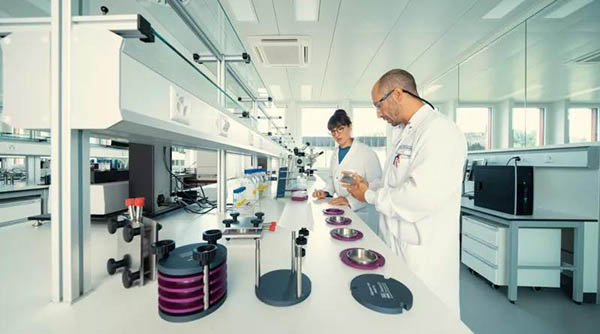
Nestle formally established the food packaging science research institute in mid September.
Nestle Packaging Science Research Institute focuses on many fields of science and technology, such as refillable or reusable packaging, simplified packaging materials, recycled packaging materials, high-performance packaging paper and bio based, compostable and biodegradable materials.
Although the problem of waste plastic pollution is still serious, the efforts of the global industrial chain in dealing with waste plastic are worthy of affirmation, which also brings a promising dawn for waste plastic pollution control. With the strong support of government agencies, social organizations and consumers around the world, we believe that plastics will shape a bright future.
http://www.get-recycling.com/solutions_show.asp?id=12>

